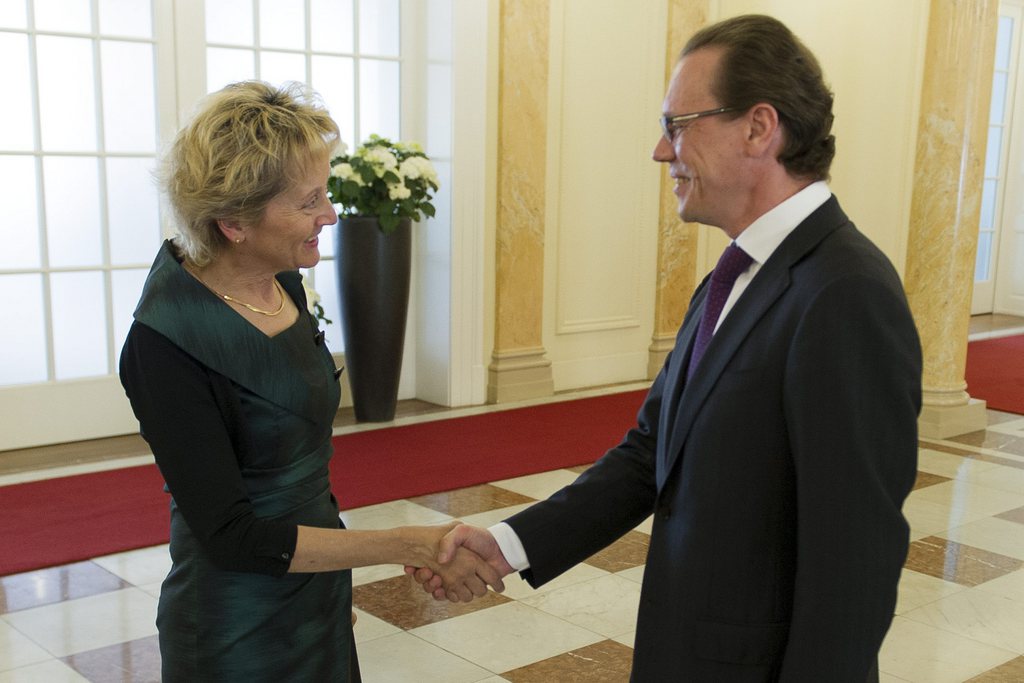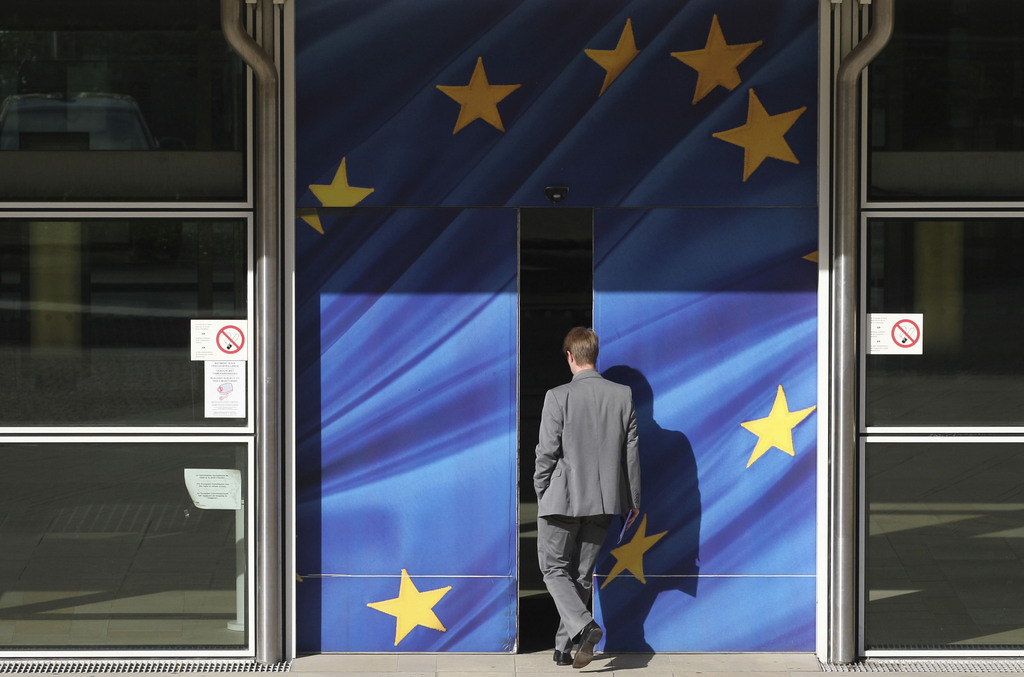Tax evasion row a game of global intrigue

Switzerland is poised to engage in an international game of poker as it strives to resolve a tax evasion row with the European Union without losing ground to rival countries as a global centre for wealth management.
Formal negotiations with the EU are expected to take place in the coming months to replace the loophole-ridden savings directive (EUSD) with a more robust system of combating tax fraud, spearheaded by the exchange of tax information between countries.
The stage has been set for a titanic and potentially bruising battle, played out against a backdrop of mistrust between countries that suspect each other of trying to wriggle out of the proposed new rules.
A labyrinth of different trust structures, offshore company schemes and insurance products operating under a myriad of local rules conspire to make such manouevres possible, according to observers.
In addition, income could be derived from simple interest payments on savings accounts or a variety of other sources, such as pension annuities, share dividends or the sale of property.
Bending the rules
Getting around the spirit of the laws could involve simple procedural sleights of hand, according to Alexandre van Heeren, president of the Swiss Association of Trust Companies (SATC).
“Some jurisdictions have shouted about exchanging information but have insisted that their courts decide on what is handed over,” he told swissinfo.ch. “This allows people to challenge the handover of information which could delay the effective exchange by years.”
Both the Swiss government and the SATC believe that the only way to prevent wealth management centres, such as Panama or the Bahamas, from stealing an unfair advantage over others is to agree an international standard of information exchange.
“If each jurisdiction can define their own information exchange standards then you will get some ‘smart’ ones that define it narrowly and only give up bits and pieces while others exchange everything,” van Heeren told swissinfo.ch.
But Switzerland’s protests that sneaky rivals could steal a march if it concedes too much ground – a protest previously echoed by Austria and Luxembourg – have been dismissed by some observers as time-wasting tactics.

More
Should Switzerland fear Anglo-Saxon trusts?
“Smoke and mirrors”
“[These countries are playing] a game of smoke and mirrors,” Mark Morris, a Zurich-based tax consultant who advises the European Commission (EC), told swissinfo.ch. “The savings tax directive amendments directly tackle the offshore company, trust and foundation loopholes.”
“I find it strange that the very countries that complain about these structures are the ones that are holding up reforms that deal with them,” Morris added.
Morris is one of many people who suspect that Switzerland has been merely buying enough time to negotiate withholding tax deals with other countries that sidestep the need for exchanging information.
The situation in Europe reveals a three-speed approach to amending existing regulations that combat tax evasion.
The EC wants to amend the savings directive to close loopholes while Britain, Germany, France, Italy and Spain have gone a step further, by forming a fast-track group of countries that will automatically exchange tax information.
Austria and Luxembourg consistently stonewalled the savings directive amendments until growing international pressure them to give ground earlier this year. But Austria still refuses to rubber stamp the reforms until Switzerland follows suit, placing more pressure on the Swiss when negotiations begin with the EU.
Unbending will
Even getting to the negotiating table may prove tricky. The Swiss government has yet to present a negotiating mandate for approval by parliament and the cantons, but it is likely to include a demand for better access for Swiss financial institutions to the EU market in exchange for accepting EUSD amendments.
EU tax commissioner Algirdas Semeta flatly rejected such an approach during a visit to Switzerland in June. But having given so much ground in the tax evasion dispute in recent years, particularly to the United States, Switzerland appears ready to draw a line in the sand about how much more it is willing to concede.
Both Nicolas Pictet, chairman of the Swiss Private Bankers Association, and an independent report commissioned by the Swiss government in June have advocated abandoning the withholding tax model in favour of exchanging tax information with other countries.
But Swiss Finance Minister Eveline Widmer-Schlumpf has consistently maintained that this could only take place if Switzerland is satisfied that all financial centres open up to the same degree.
“Specifically, this means that there would have to be full transparency with trusts,” she told reporters at an International Monetary Fund meeting in April. “If you don’t know the beneficial owner in all constructs, then all information exchanges aren’t of much use.”

In compliance with the JTI standards
More: SWI swissinfo.ch certified by the Journalism Trust Initiative



You can find an overview of ongoing debates with our journalists here. Please join us!
If you want to start a conversation about a topic raised in this article or want to report factual errors, email us at english@swissinfo.ch.